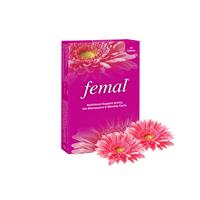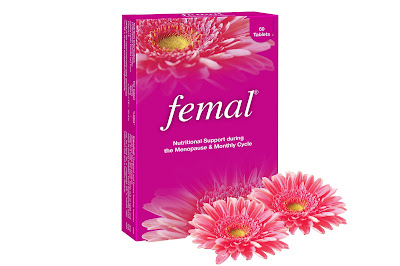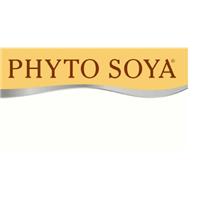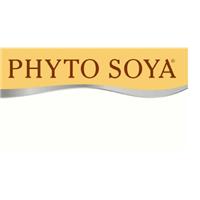
London: Two new studies, each involving 400 menopausal women, who were given a natural soya supplement has shown that it did not cause the potential dangerous side effects sometimes associated with oestrogen such as a thickening of the womb lining or breast cancers.
The studies were carried out by the French pharmaceutical company Arkopharma in relation to its supplement Phyto Soya, which helps relieve menopausal symptoms such as hot flushes by boosting levels of the hormone oestrogen naturally.
Nearly 400 women took part in each of the studies. The first looked at the effects of Phyto Soya on the endometrium – the lining of the womb – in women aged 45 to 65 years old. In this case the 310 biopsies that were available for evaluation at the end of the trial showed no cases of hyperplasia – an abnormal increase in the number of cells or cancer.
Separately, in another international study, which hasn’t yet been published, the women who were taking Phyto Soya were checked for changes in their breasts with mammography and breast ultrasounds. It found no changes at all in any of the subjects, and therefore no risks of breast cancer associated with the supplement. This study also confirmed that it caused no cases of endometriosis.
The studies’ authors are keen to point out that their results only apply to the brand of soya known as Phyto Soya and do not apply to any other soya isoflavone extract.
The good news for women is that a third study showed that trialists taking Phyto Soya experienced significantly fewer hot flushes a day, with two-thirds of them saying their number of hot flushes had been halved and 73% rating it as good or excellent.
The study concludes that menopausal women worried about the long-term effects of taking HRT now have a new, safe alternative in the form of soya extract.
The low incidence of menopausal symptoms in countries like Japan, where people eat a lot of soya, has long caused some experts to claim that soya extracts could do the same job as HRT. However, there was no proof that it was any less risky to take until now, that is. But these new clinical studies have shown that Phyto Soya not only significantly reduces hot flushes but also is definitely safe when taken over long periods of time.
Soya is one of a number of plants that includes extracts called phytoestrogens, which are chemicals that act like oestrogens in animal cells. Isoflavones, which are found chiefly in soybeans, are specific phytoestrogens that have a chemical structure that is very similar to human oestrogen. This means that they can affect the way that women’s bodies produce oestrogen, if the right types and amounts are used.





